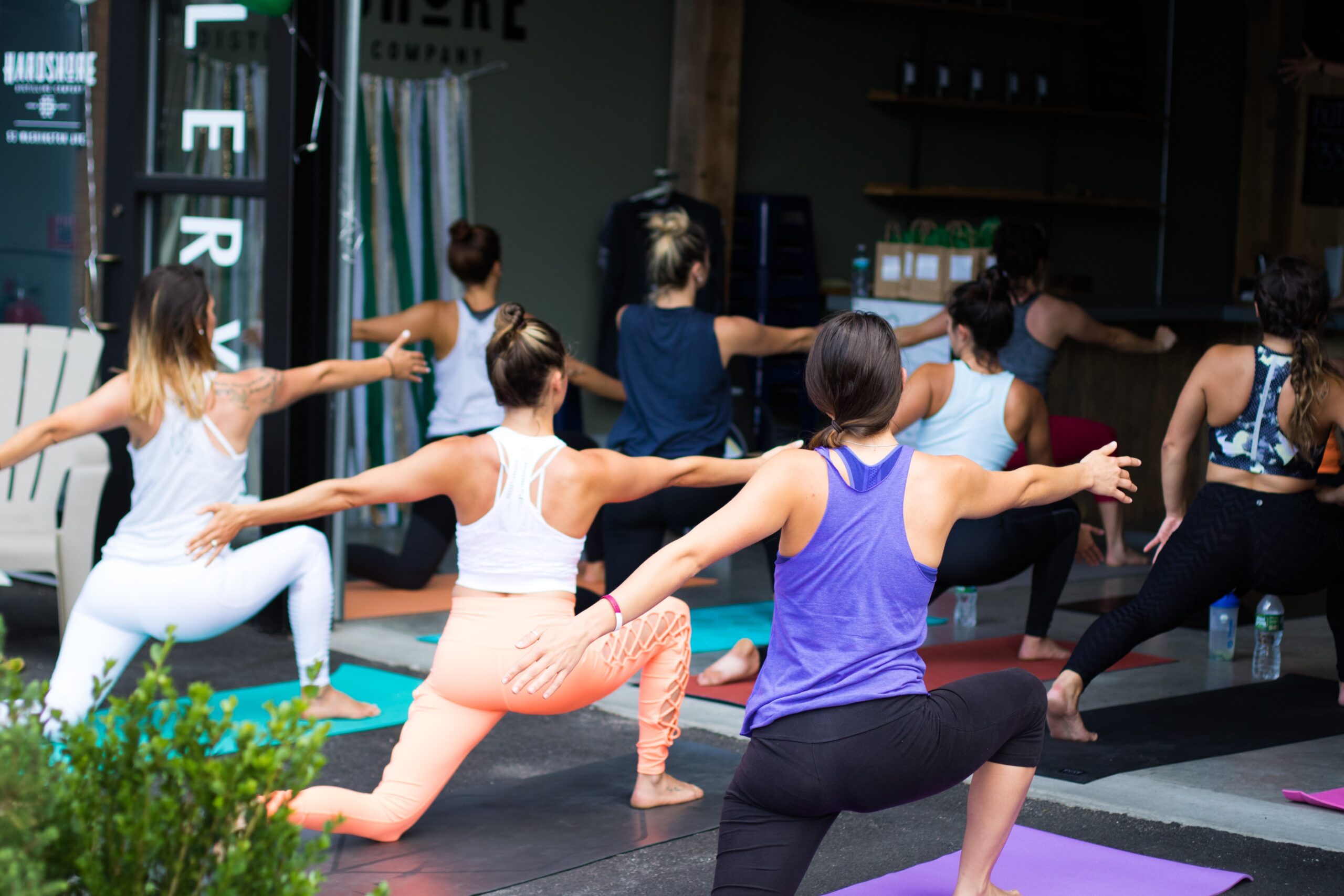Nurturing your emotional health in a consistent manner

Being content with yourself and your surroundings is not a given, it is something that we learn to do throughout time. We learn to administer self-care in a variety of forms: we consciously look for the balance in our physical, mental and emotional health. By striving for balance, we build up resilience against nuisances that are outside our control bubble. Breines and Chen’s (2012) findings show that self-care is closely related to self-compassion, which is non-evaluative and is helpful when faced with uncertainty in one’s well-being.
Self-compassion is all about being tender and kind to yourself, it is closely linked to our emotional well-being. However, if you feel well today, but worse all the following days, the good days do not compensate for the bad and you are stuck in a never-ending circle of self-pity or even worse – sorrow. All these distressful emotions only show that you must strengthen that emotional muscle of yours to gain balance and finally start feeling better. That is why we prepared a couple of science-filled pieces of advice, so you could start cultivating your emotional health starting from today.
The main aim of emotional literacy is to facilitate relationships, while emotional intelligence is a more individualistic construct. C. Steiner claims that emotional literacy is “a heart-centered emotional intelligence with a moral and political compass”. In comparison, emotional intelligence can be used for wrongdoing such as manipulating people or terrorizing them. In general, emotional literacy is centered on the emotion of love, cooperation, and the common good.
// 1:1 sessions
It is more than ok to ask for help and reach out for a hand of an expert. Mindletic certified psychologists share that 1:1 sessions bring about the depth to the consultations and create stronger interpersonal connections where the individual feels less suppressed and more willing to open up. Also, individual meetings not only can be tailored to the specific needs of a consultee but offer a high degree of confidentiality.
// Consistency is the key
Whether it is a 1:1 session with your psychologist or a meditation on your own, it will only bring results after establishing certain stability and continuity. For example, American Psychology Association (APA) has found a positive link between the length of therapy and clinical outcomes, individuals showed a noteworthy change or recovery with increased treatment length. APA has even set up guidelines for treatment length. Based on the evidence, on average 15 to 20 sessions are necessary for patients to improve as shown by self-reported symptom measures. Bruijniks et al. (2015) shared that for increased effectiveness, twice-weekly sessions are obligatory. Other researchers note that it is similarly very important to keep the patient in therapy to completion to achieve significant positive results.
As in most of our life areas, only hard work and commitment allow necessary changes to happen. Likewise – training your emotional muscle should become a routine practice. Only then you will build yourself a pathway to better mental health and more cultivated coping mechanisms.
Exercises
Baby steps
Before jumping onto big habits, start small. If you do not feel like meditating for 30 minutes, choose short, guided meditations from Mindletic app. As soon as it will start growing on you, you can start extending time. Also, you could always check an article on how to build up consistency step by step: https://stephenguise.com/consistency-is-key-for-emotional-health-mini-habits/
21-day challenge
Some say to build a habit requires repeating an action for 21 days in a row. Try to schedule and accomplish something every day to see if it really makes it stick? Come back to us with your experiences in Mindletic community rooms.
Get an accountability partner
Involve your friends or family and ask them to check up on you how you are doing with your consistency practice. Maybe they will be interested to start it as well?
Allow yourself to be vulnerable
Instead of nagging yourself on ways how to become more productive, allow yourself to do something you enjoy more. Agree that your mind is a safe space that requires nourishing, be gentle. If you feel like your vulnerability levels are too high, check what our experts have to say about mental health and book a 1:1 session now.
Want to learn more about emotional health? Reach out to our team and get a free consultation now.
